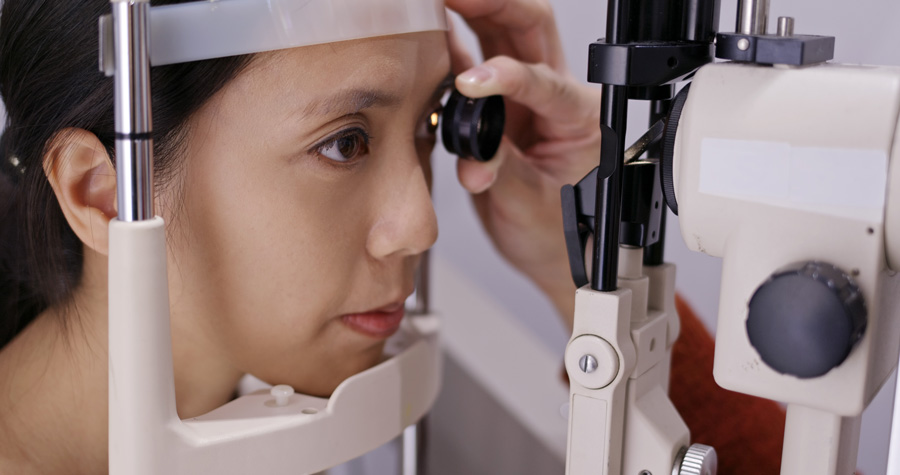Living with diabetes can present numerous health challenges that affect various systems in the body. Eye health and vision are not exempt from the repercussions of this condition. Our delicate and intricate eyes can be significantly disrupted by the proverbial wrench that diabetes throws into the works, impacting their proper function. If you’re looking to learn more about how diabetes affects your eyesight, join us as we explore the connection between diabetes and blurry vision, diabetic retinopathy, and other vision issues associated with this condition.
Blurry Vision and Diabetes
One of the hallmarks of diabetes is elevated blood glucose levels. When insulin, the hormone responsible for breaking down glucose, is lacking, the body struggles to process this sugar effectively. Thickened blood resulting from high glucose levels has a tendency to draw more fluid from tissues, including the delicate eye tissues. This fluid imbalance can cause the lens of the eye, essential for focusing vision, to swell. When the lens becomes misshapen due to swelling, it fails to focus properly, leading to blurry or fuzzy eyesight. The extent of this effect varies among individuals, with some experiencing constant blurry vision until their blood glucose levels stabilize, while others may only notice these symptoms after consuming carb-heavy meals. It’s worth noting that insulin therapy can correct lens swelling caused by excess fluid, but this correction involves changes in fluid levels that can temporarily affect a patient’s ability to focus.
Diabetic Retinopathy
Diabetic retinopathy encompasses several retina issues associated with diabetes, including macular edema and proliferative retinopathy. Macular edema occurs when the macula, responsible for central vision, swells due to excess fluid, leading to changes in color perception and distorted vision. Proliferative retinopathy occurs when blood vessels leak into the central area of the eye, resulting in vision spotting and reduced visual acuity, particularly in darker conditions.
Hypoglycemia and Vision
Hypoglycemia, or low blood glucose levels, can also impact vision temporarily. During hypoglycemic episodes, double vision may occur due to the brain’s difficulty in processing visual information correctly, rather than any direct effects on the eye itself.
Other Vision Issues Related to Diabetes
Diabetes is also associated with an increased risk of developing glaucoma and cataracts. People with diabetes are more likely to develop cataracts earlier in life compared to those without diabetes. Glaucoma, caused by increased pressure due to fluid buildup, can lead to vision loss if left untreated. Unfortunately, glaucoma is challenging to detect in its early stages due to the absence of noticeable symptoms.
Vigilance for Prevention and Treatment
If you or a loved one has been diagnosed with diabetes, proactive measures and regular checkups are crucial. Alongside regular visits to your primary care physician, scheduling regular eye exams is essential. Early detection and treatment of diabetes-related eye issues significantly reduce the risk of serious and irreversible vision loss. Our highly skilled, board-certified ophthalmologists in the Twin Cities area are ready to provide comprehensive eye care. Schedule an appointment today by calling 612-999-2020.
Diabetes can have a profound impact on eye health and vision. Understanding the connection between diabetes and eye complications empowers individuals to prioritize their eye care and take preventive measures. By staying vigilant, attending regular checkups, and seeking timely treatment, you can navigate the challenges and preserve your precious vision for years to come.




